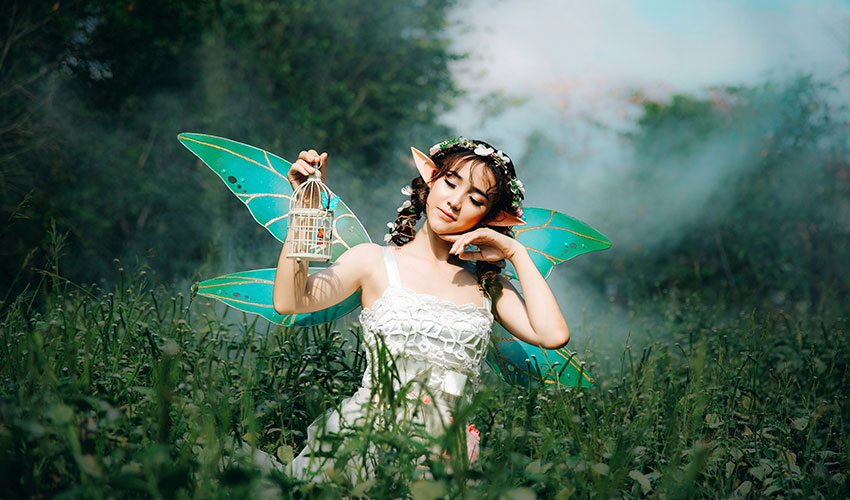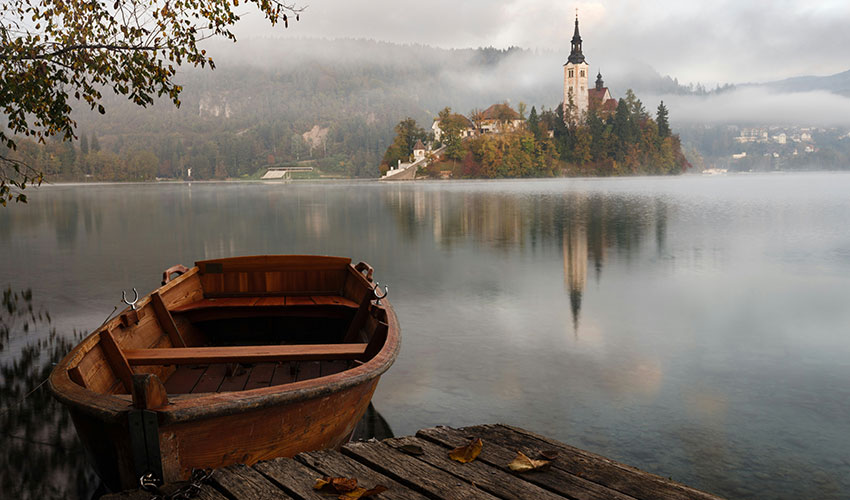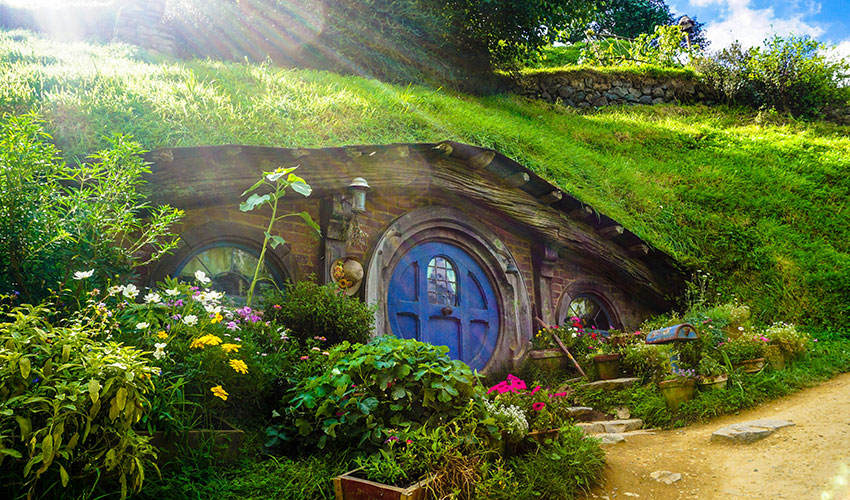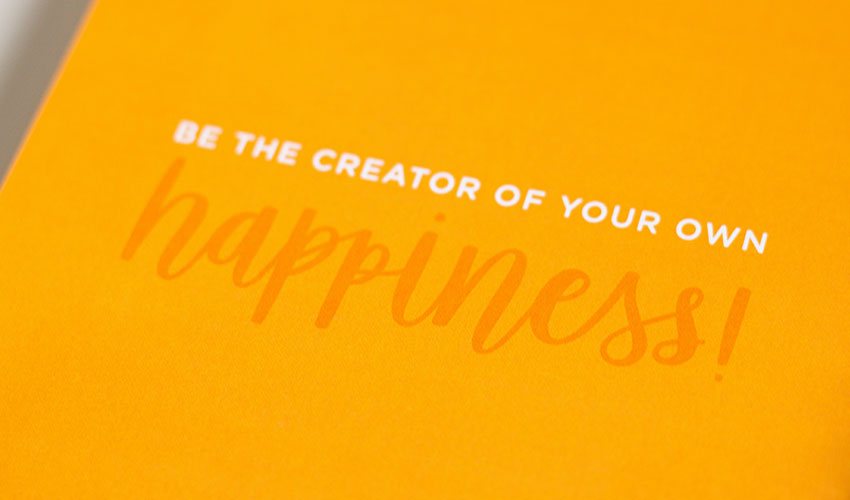Fantasy – The Nature of Fantasy & Why It Can Be The Double Edged Sword
Have you ever got lost in your thoughts of what could be or what could have been? Have you ever got lost in a really good book and found that it’s all you think about and can’t put it down and then you actually FEEL all the emotions of the characters in the book? The same as a good series too, or film… Have you ever got lost in a Fantasy of a life that perhaps is not the one you’re living now?
Fantasy is an intrinsic part of human nature, right? A boundless realm of imagination where the impossible becomes possible and the mundane transforms into the extraordinary. It is the birthplace of creativity, where dreams take shape, and where our deepest desires find expression. But what exactly is Fantasy, and why do we indulge in it? More importantly, is it always a harmless escape, or can it become a hindrance to our reality? Let’s take a ride through this wild landscape of my contemplations and see where we end up.

The Word, ‘Fantasy’
The meaning of Fantasy can definitely be up for debate, depending on the context in which it’s used. While the word generally refers to something imaginary, unreal, or fantastical, its interpretation varies across different fields. Let’s take a look:
Everyday Use: A dream, wish, or imagination (e.g. "winning the lottery is just a Fantasy").
Example: She lived in a world of Fantasy, dreaming of castles and dragons.
Literature & Media: In books, movies, and games, Fantasy is a genre that includes magical elements, mythical creatures, and imaginary worlds (and I LOVE getting stuck in these genres)
Example: The Lord of the Rings is a classic Fantasy novel.
Psychology & Daydreaming: Fantasy can mean a mental image or scenario someone imagines, often as an escape from reality.
Example: He'd often indulge in fantasies about becoming a famous musician (been there).
Sexual & Romantic Context: A Fantasy can refer to an imagined scenario related to desires or attraction.
Example: She had a secret Fantasy about traveling the world and falling in love.
Sports (Fantasy Sports, obviously): Fantasy sports involve creating imaginary teams using real-life players, with points based on their performance.
Example: He spent hours managing his Fantasy football team.
Music & The Arts: In music, a Fantasy (or fantasia) is a free-form composition without strict structure.
Example: Mozart composed several musical fantasies.
The Essence of Fantasy
At its core, Fantasy is a mental construct, an act of imagining scenarios, worlds, or experiences beyond our immediate reality. It is a faculty that allows us to envision different futures, create art and literature, and engage in abstract thought. From mad childhood daydreams to elaborate fictional universes, Fantasy plays an absolutely crucial role in shaping how we perceive the world and our place within it.
The human ability to fantasise is often tied to our psychological and emotional needs. It serves as a refuge from stress (lord knows I’ve indulged many a time to escape stress!), a form of entertainment, and a means of exploring possibilities beyond our current circumstances. People fantasise about success, love, adventure, and even alternate versions of themselves. These mental journeys can be motivating, offering a vision of what could be and inspiring action toward those goals. The only thing I take issue with here, that as inspiring as it can be, we will still always be us, and there is nothing inherently wrong with who we are. We will never be Margot Robbie, no matter how much we fantasise about being in her skin and looking into her mirror, so yes to the motivation to perhaps be as strong, healthy or agile as Margot Robbie, but no to getting stuck in a crap place wishing we were someone other than who we are.

The Role of Fantasy in Society
So throughout history, Fantasy has undeniably played a crucial role in cultural and societal development. Mythologies, folklore, and literature have long been shaped by human fantasies, providing moral lessons, exploring philosophical ideas, and of course, entertaining audiences. The Fantasy genre in books, films, and games allows people to experience adventures that would be impossible in real life, which definitely can enrich the human experience.
Fantasy is a driving force behind innovation. Scientists, inventors, and visionaries often begin with an idea that seems unattainable and then a Fantasy of progress, through determination, becomes reality. Consider the science fiction of past centuries that predicted space travel, artificial intelligence, and advanced medicine; these once-fantastical ideas have now materialised.
The Gene Keys on Fantasy
Richard Rudd, the author of The Gene Keys, discusses the concept of Fantasy in Gene Key 41, which progresses from the Shadow of Fantasy to the Siddhi of Emanation, with the Gift of Anticipation in between. In this Gene Key, Rudd explores how Fantasy, at its shadow level, can trap individuals in repetitive cycles of illusion and unfulfilled desires. By transforming Fantasy into anticipation, one aligns more closely with life's unfolding potential, ultimately leading to the pure expression of emanation (I highly recommend reading this Gene Key, even if it’s not in your hologenetic profile).
Rudd delves into the concept brilliantly of Fantasy through the lens of human consciousness and the layers of the mind and his words on this really resonate. He discusses how our brain operates across multiple frequencies – Gamma, Beta, Alpha, Theta, and Delta – each corresponding to different states of awareness. Fantasy, in Rudd's perspective, emerges as we navigate these layers, particularly within the Alpha and Theta states, where the boundaries between reality and imagination blur. He emphasises that by consciously engaging with these deeper states through practices like meditation or creative endeavours, we can access profound insights and visions. It’s definitely where we can have many ‘ah-ha’ moments, right? This exploration of the mind's "dream layers" suggests that Fantasy is not merely an escape but a vital aspect of the human experience, offering pathways to deeper understanding and self-realisation.
For a deeper understanding, you might find Richard Rudd's talk on "Transforming Fantasy into Reality" insightful, you can watch this here. It’s absolutely brilliant.

The Benefits of Fantasy
Fantasy is like a double-edged sword. It can be a powerful tool for creativity, hope, and problem-solving, but it can also become a way to escape reality in an unhealthy way. Let’s break it down:
Creativity & Innovation – Fantasy fuels storytelling, art, and inventions. Every great novel, movie, or even scientific breakthrough started as someone imagining "What if?"
Emotional Escape & Stress Relief – A little daydreaming or getting lost in a book can help people unwind from stress and recharge emotionally.
Hope & Motivation – Imagining a better future can push people to take real steps toward making their dreams happen.
Problem-Solving & Resilience – Fantasy allows people to explore different outcomes mentally, helping with decision-making and coping with challenges.
Fun & Play – Whether it's Fantasy sports, role-playing games, or just imagining fun scenarios, Fantasy adds excitement to life.
Now let’s have a look at…
The Dangers of Fantasy
Detachment from Reality – If someone gets too lost in fantasies, they might struggle with real-life responsibilities, relationships, or personal growth.
Disappointment & Unmet Expectations – A big one. Constantly comparing reality to an idealised Fantasy can lead to frustration, dissatisfaction, or unrealistic standards. See my little section below for my own example.
Escapism & Avoidance – If Fantasy is used to avoid problems instead of facing them, it can create a cycle of avoidance and make real-life issues worse.
Obsession & Addiction – Whether it’s excessive gaming, daydreaming, or living in an imagined world, Fantasy can sometimes become all-consuming.
The Key: Balance
Fantasy is amazing when used in the right way; fuelling creativity, fun, and hope – but it should complement real life, not replace it! The healthiest approach is to use Fantasy as inspiration while staying grounded in reality as best you can (you’ll know when you’ve gone adrift).

When Fantasy Becomes a Problem
While Fantasy can be a source of creativity and motivation, it also has the potential to become a crutch or an escape that detaches us from reality. When Fantasy replaces action, it can and will hinder personal growth. For example, someone who constantly fantasises about success but never takes tangible steps toward their goals may remain stuck in wishful thinking. Not the best place to be, stuck on that hamster wheel. Similarly, excessive daydreaming can lead to procrastination or a lack of engagement with real-world responsibilities.
There is also the risk of becoming lost in unrealistic expectations, and this goes for any and all scenarios imaginable. Romanticising life, relationships, or achievements can lead to disappointment when reality just does not align with the imagined ideal that we had in our heads. This can contribute to dissatisfaction, anxiety, and many mental health struggles if one's fantasies become an obsessive retreat from dealing with real-world challenges.
In extreme cases, an overreliance on Fantasy can lead to maladaptive daydreaming, where an individual spends excessive amounts of time lost in imagined scenarios, to the detriment of their daily functioning. When Fantasy begins to disrupt relationships, work, or self-improvement, it is a sign that it has crossed into unhealthy territory, and a sign that you have become lost to yourself, and you might need a little support to climb out of that funk. This support comes in all forms too; this could also mean that you just need a little time to remember who you are, without all the fantastical distractions.
Finding Balance
Like all aspects of life, balance is key when it comes to Fantasy. It is essential to distinguish between constructive fantasies that inspire and guide us and those that serve as mere distractions or sources of unrealistic expectations. Using Fantasy as a tool for motivation, such as visualising success and working toward it, can be incredibly beneficial. However, when Fantasy becomes a substitute for real effort, it can hinder progress and lead to disillusionment.
Mindfulness and self-awareness can help in recognising when Fantasy is serving a positive role versus when it is becoming an obstacle. Engaging with reality, setting realistic goals, and taking action toward achieving dreams can transform Fantasy from an idle escape into a productive force. I have found that communicating with my husband, close friends and family play a crucial role in my own personal balance – they can keep me accountable for when I may have been stuck looping in a cycle of Fantasy and distraction, but I have found the most tell-tale sign of all, is when I’m impatient, irritable, I don’t want to exercise and I’m just generally out of touch with myself and who I want to be to others. Let’s delve into a real example now…

My Own Example
So if you’ve read any of my other articles, you may notice a little theme throughout them where most of the time I generally use parenting as an example! Today is no exception (haha). It is perhaps an incredibly obvious, and well-shared experience across the parenting-board, but I fantasised how it might look and feel to be a Mother, and the actual experience of it in real life, couldn’t have been more different.
I imagined a perfect scenario where my babies would sleep through the night, it didn’t happen. I imagined maybe having one of each, a boy and girl (because that’s considered ideal right…), it didn’t happen (I had 2 boys, which is perfect to me by the way), I imagined breaking the generational trauma line by parenting COMPLETELY differently to how I was parented and I never wanted to shout at my children, guess what, that hasn’t ‘all’ happened, I shout and I get impatient. I imagined being basically Mary Poppins with my children but instead I think they sometimes mainly get the Grinch (not always of course but a percentage of the time). You get my drift here.
The future daydreams and scenarios we play out in our minds really are just imagined scenarios, and unfortunately, in this example, like many parents I’m sure, I completely set myself up for disappointment. I had a Fantasy about what being a parent would look like, and I’ve felt as though I’ve let myself and my children down over and over again because I’m not what I ‘thought’ I would be. There are so many more ways to take this, in that I’m being hard on myself and I should lighten up, agreed, or the classic “that’s totally normal” and actually, I agree with this too, the only thing I’ll say there is that everyone’s ‘normal’ looks and feels completely differently and how we each experience our own internal reality and these feelings will be different for each of us so processing these expectations and then the reality of the situation can be rocky ground for sure.
But do you know what, I also didn’t allow for the following:
How I would feel about my children when I first saw them – nothing could prepare me for that unwavering, undying Love that would surge through my bones and my heart the minute I laid eyes on them.
Watching them play and enjoy themselves – I’d imagine just sitting watching my future children play nicely and laugh while I sat back and sipped on Coffee, but again, nothing could prepare me for the utter chaos that could erupt from one little person falling over, jumping off great heights etc but the other stuff too, watching them with no words to explain how much their joy brings to my life and how I could listen to their laughs all day every day because it’s the best sound that I’ve ever heard!
How I would do anything, give anything for their happiness – It’s incredibly obvious I know. Everyone wants what’s best for their kids but no one really tells you how much you change as a result of becoming a parent, so as a result you WANT to change yourself and your habits, perspectives, all of it, just so you can be a better parent to your child/children.
I didn’t allow for how much my life would change, for how much I would change, after becoming a parent because I was too caught up in the Fantasy of what it would be like to be one. There is nothing inherently ‘wrong’ with this at all, and I think it is perfectly natural, I merely wish to expose how our limitations, how our fantasies don’t always allow for how beautiful, painful, challenging and LIFE changing certain things can be because all we’ve done here in a Fantasy, is build up an image of something (in my case here, parenting) and when it actualises, our expectations, our preconceived ideas of such things can be devastating, but in my experience, they can also be mind shattering in the best ways.

So is it always good to have Fantasies? Fantasy is a powerful and deeply human phenomenon. It allows us to dream, to create, and to explore possibilities beyond the limitations of our reality. However, like all tools of the mind, it must be wielded with care. When balanced with action and realism, Fantasy can be a source of inspiration and innovation. But when used as an escape from responsibility or reality, it can become a barrier to fulfilment. Understanding and managing our fantasies wisely can help us harness their potential while staying grounded in the richness of real life.
I didn’t realise actually, how challenging it would be to write this article. I have faced off with my own fantasies here. I have journeyed through this article, with this article into the pits of my very own fantasies, and I have escaped in one form or another for a very long time. So no matter the context, whether it's literature, daydreaming, or sports, the core idea of Fantasy stays the same; It’s about imagination and things that aren’t real (or aren’t real yet). All those different contexts, books, psychology, music, and even Fantasy football, are just different applications of the same fundamental concept – creating or engaging with an imagined reality that isn’t bound by the ordinary rules of the real world. There is nothing wrong with Fantasy, or with your imagination, all means of beauty and genius emerge from these frequencies, just don’t get stuck dreaming and not manifesting your best reality!
Do you feel like Fantasy has played a big role in your life? More as a positive or a challenge? Ask yourself some serious questions, contemplate the answers and be the boldest bravest version of yourself NOW. Not tomorrow.
“The things that you want to see in your life will require your effort to actualise them” – Me, Georgia Thomas
“Do the Universe a favour, don’t hide your magic” – Unknown






















